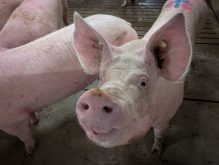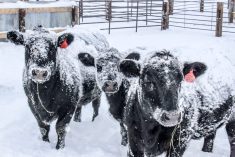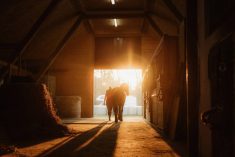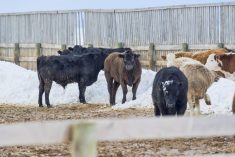Test samples from XL Foods’ beef plant in southern Alberta have come back negative for E. coli, the Canadian Food Inspection Agency (CFIA) said on Friday.
The federal food safety agency is moving closer to a decision on whether to reopen the plant, which the agency closed Sept. 27 because some of the plant’s beef products were contaminated with E. coli O157:H7, a relatively toxic form of the bacteria.
Inspection officials tested meat from 5,000 carcasses that were in the Brooks, Alta. plant before CFIA shut it down.
Read Also
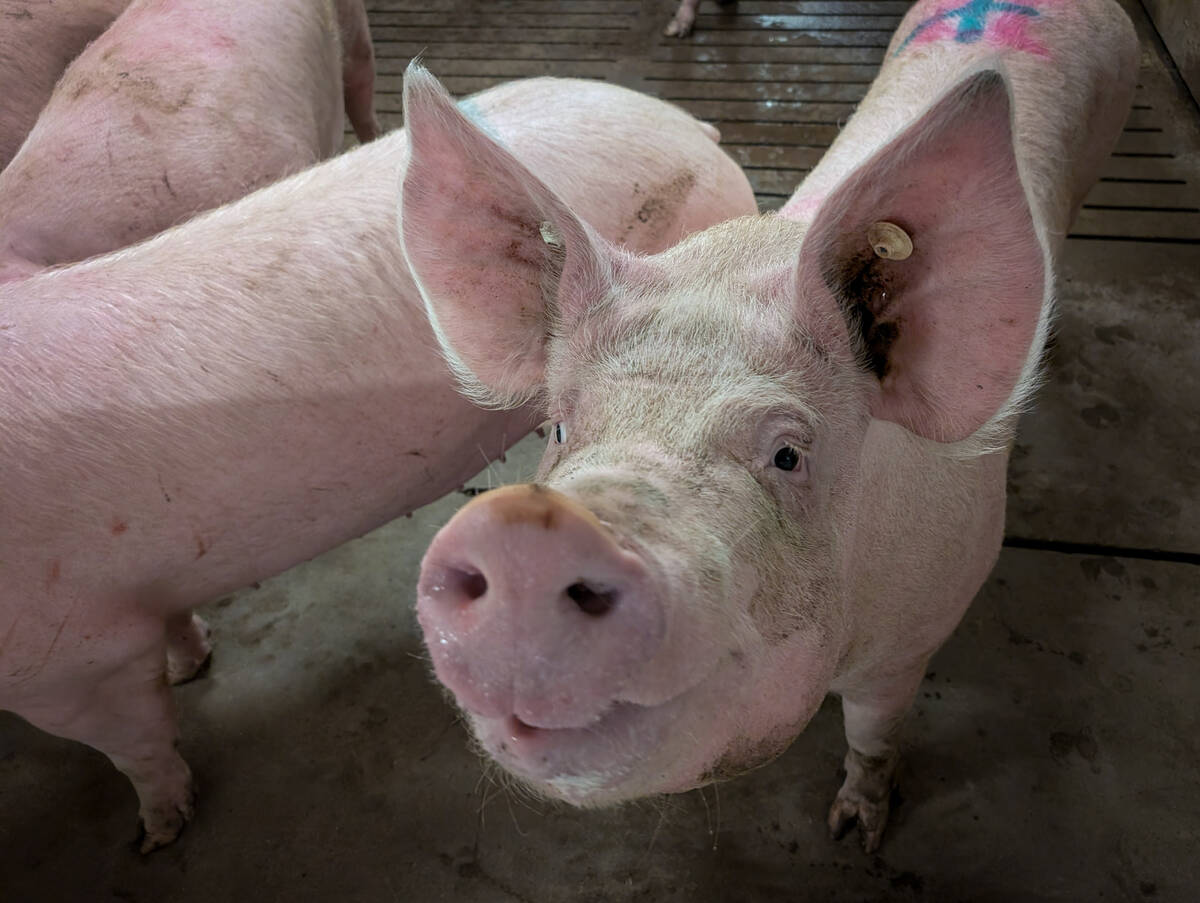
Gene edited, PRRS resistant pig approved in Canada
Canada has given its stamp of approval to pigs gene edited to resist porcine reproductive and respiratory syndrome (PRRS).
CFIA said it plans to finalize its recommendations on the plant’s reopening over the weekend after further review of its bacterial controls.
"We must remain focused on the need to protect consumers," said Paul Mayers, associate vice-president of programs for CFIA.
As of Friday (Oct. 19), the Public Health Agency of Canada (PHAC) had reported a total of 16 people sickened in four provinces by the O157:H7 strain linked to CFIA’s investigation of XL.
O157:H7 can cause illness, or even death, and symptoms include severe stomach cramps, vomiting and diarrhea. Cooking meat to the correct internal temperature kills the bacteria.
Millions of pounds of beef products have been recalled across Canada and in most U.S. states.
The recalled beef will be thrown out, rendered or cooked and used in frozen foods or soups, said Harpreet Kochhar, executive director of Western Canadian operations for CFIA.
The reprocessed product will not re-enter the food supply unless it is re-tested and found safe, he said.
Reprocessing the recalled products is a safe practice since the meat will be cooked, said Rick Holley, a microbiologist at the University of Manitoba.
The recalled meat is under government control in various storage sites.
The CFIA also said there are another 12 million pounds of beef from a variety of production dates in storage at XL facilities under government control.
XL Foods’ options for that meat include rendering or cooking it before further testing, but the company has not told CFIA what it hopes to do.
"We will consider any plan that the company presents and we will assess it relative to the ability to provide assurance that product that is available to consumers is acceptable and the safety of consumers is protected," Mayers said.
"Regardless"
JBS USA, the U.S./Australian unit of Brazilian meat giant JBS SA, took over management of the Brooks plant this week under contract with XL.
JBS USA also now holds an option to buy the Brooks plant, a nearby feedlot and beef plants in Calgary, Idaho and Nebraska from XL for US$100 million in cash and JBS shares.
CFIA said Thursday any change in management or ownership at XL "will not affect our assessment."
JBS USA said Thursday it would examine events carefully to work out what went wrong at the Brooks plant, which can process up to 4,500 head of cattle a day.
"We’re going to have to sit down with XL and understand what has occurred in that facility to date and bring our expertise to assist in that situation," JBS spokesman Cameron Bruett said Thursday.
"We have a very successful food safety track record and robust food safety program and we think that will be an asset to the facility."
Agriculture Minister Gerry Ritz, who has been under fire for the government’s handling of the beef recall, also suggested nothing will change in the review timetable.
"Canadian consumers can be assured that (CFIA) will enforce the same rigorous food safety standards at Lakeside facility regardless of the management," Ritz said in an email statement. — Reuters, with AGCanada.com Network files
Related stories:
JBS to manage XL beef plant, with option to buy, Oct. 18, 2012
XL Lakeside’s stored beef carcasses cleared, Oct. 17, 2012



